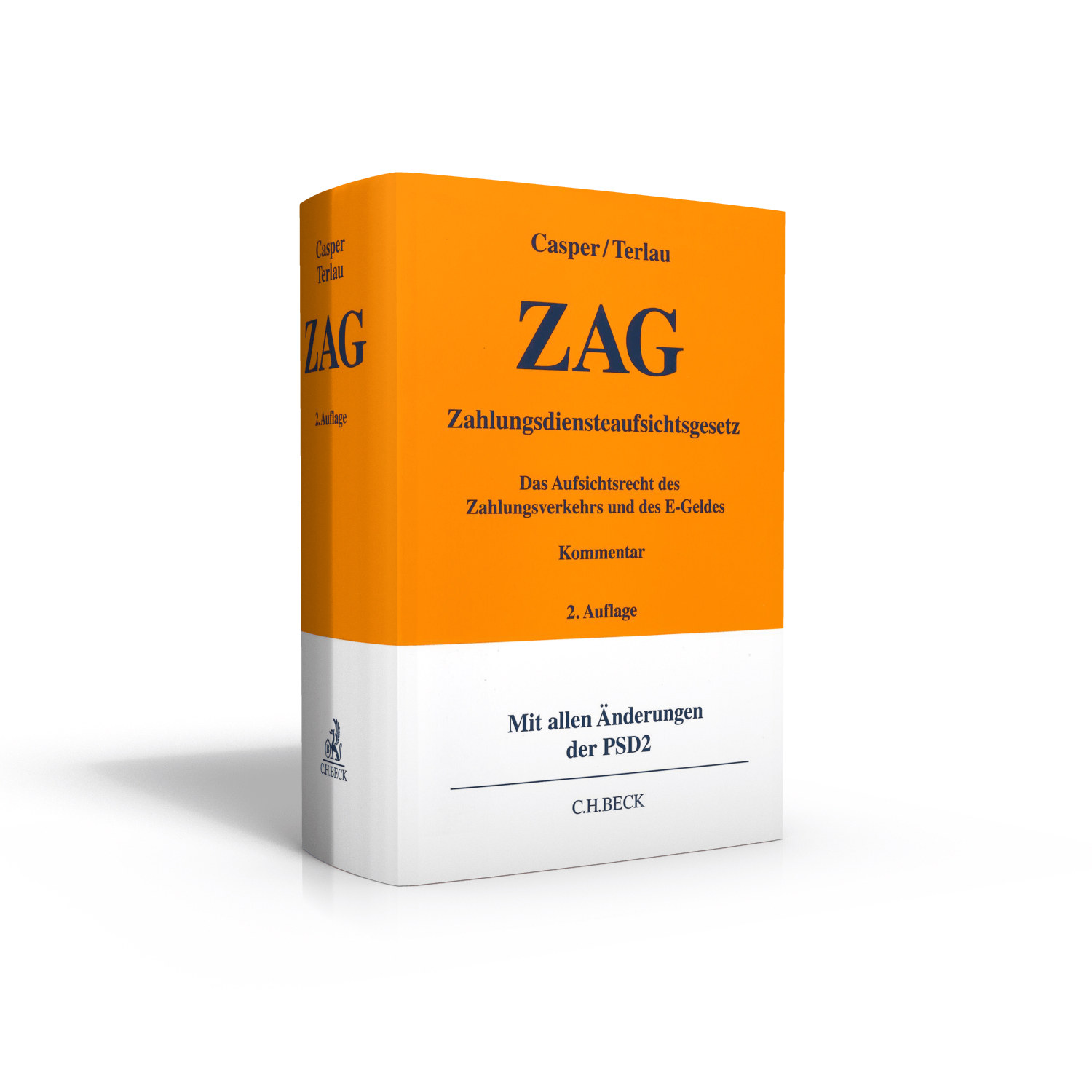Following recent legal developments regarding Bitcoins, such as the US court decisions in the cases of “Bitcoin Foundation” and “Trendon Savers & Bitcoin Savings Trust”, a US Congress hearing on Bitcoins, the prohibition of the receipt of Bitcoins by financial service providers in China as well as the warnings issued by the French National Bank and the European Financial Supervisory Authority, the German Federal Financial Supervisory Authority (BaFin) has also issued a circular on Bitcoins on 19 December 2013 in order to clarify potential risks for con-sumers as well as authorisation requirements for Bitcoin traders and online platforms.
No changes for “miners” or the purchase and receipt of Bitcoins
The BaFin does not consider Bitcoins to be electronic money; consequently neither the “mining” nor the sale of Bitcoins by the miner constitutes an issuance of electronic money and hence does not require authorisation by the BaFin.
Likewise, neither private persons nor businessmen require authorisation in Germany for the purchase or receipt of Bitcoins as a method of payment. This applies to both online and offline transactions.
The sale and purchase of Bitcoins may, however, require authorisation if they are carried out for another person.
More detailed guidance on Bitcoin trading platforms
According to the BaFin, Bitcoin trading platforms may be required to apply for authorisation – if they are conducting business in Germany – under two circumstances.
Firstly, Bitcoin trading platforms may be offering principal broking services (Finanzkommissionsgeschäft). This is the case if they purchase Bitcoins in their own name for the account of others and do so commercially or on a scale which requires a commercially organised business undertaking.
Secondly, Bitcoin trading platforms may be considered to operate a multilateral trading system (multilaterales Handelssystem). This requires that there are set rules for the participation in the platform, that financial instruments, such as Bitcoins, are traded on the platform, that complet-ed transactions are reported and that there are certain rules on transparency in place. BaFin clarifies that the sale or purchase has to be completed through the system; whether the con-tract is settled outside the platform is irrelevant.
Bitcoin “currency exchanges”
Bitcoin “currency exchanges” may meet the requirements of own-account trading (Eigenhandel) and consequently require authorisation as a financial service institution. This is the case if they act in their own name and for their own account, do so commercially or on a bigger scale and thereby provide a service to others. The BaFin considers each case on its own merits; the boundaries of each requirement are often blurred.
Online directories for Bitcoin traders
The BaFin worryingly qualifies online directories for Bitcoin traders as investment broking (Anla-gevermittlung) or contract broking (Abschlussvermittlung), both of which require authorisation as a financial services institution. As already stated in previously issued guidance, the BaFin takes an extensive approach to investment broking and requires authorisation even where there has been no contact between the seller and the broker.
Open questions regarding “mining pools” and Bitcoin funds
The BaFin does not take a clear position on “mining pools” which can take a variety of struc-tures. Thus, they could either fall under own-account trading (Eigenhandel) or portfolio man-agement (Finanzportfolioverwaltung); this is, however, left open.
Neither does the BaFin comment on Bitcoin funds, one of which was dissolved in the Texas case “Trendon Savers & Bitcoins Savings Trust” in August 2013. A Bitcoin fund to be estab-lished under European or German law, for which money is collected by numerous investors for a joint investment in Bitcoins, would probably be classified as a closed alternative investment fund under the German Investment Code (Kapitalanlagegesetzbuch) and thus require authori-sation.
Conclusions
The BaFin’s circular has shed some light in an area of law which has recently been occupying courts, supervisory authorities and the media alike. However, the BaFin’s view on online direc-tories is somewhat problematic; likewise, clarifying statements on mining pools and Bitcoin funds would have provided useful guidance. It remains to be seen whether Bitcoins and other virtual currency will experience as much hype in the near future.









